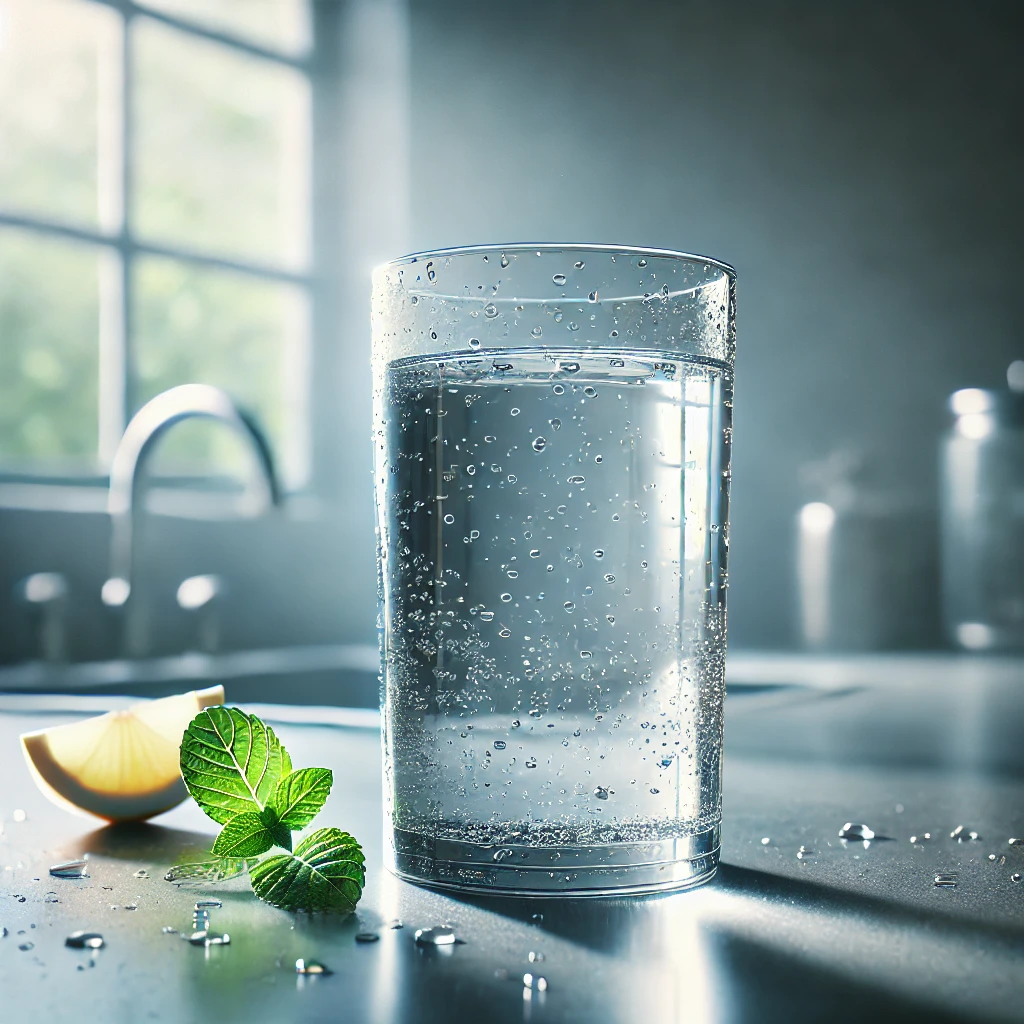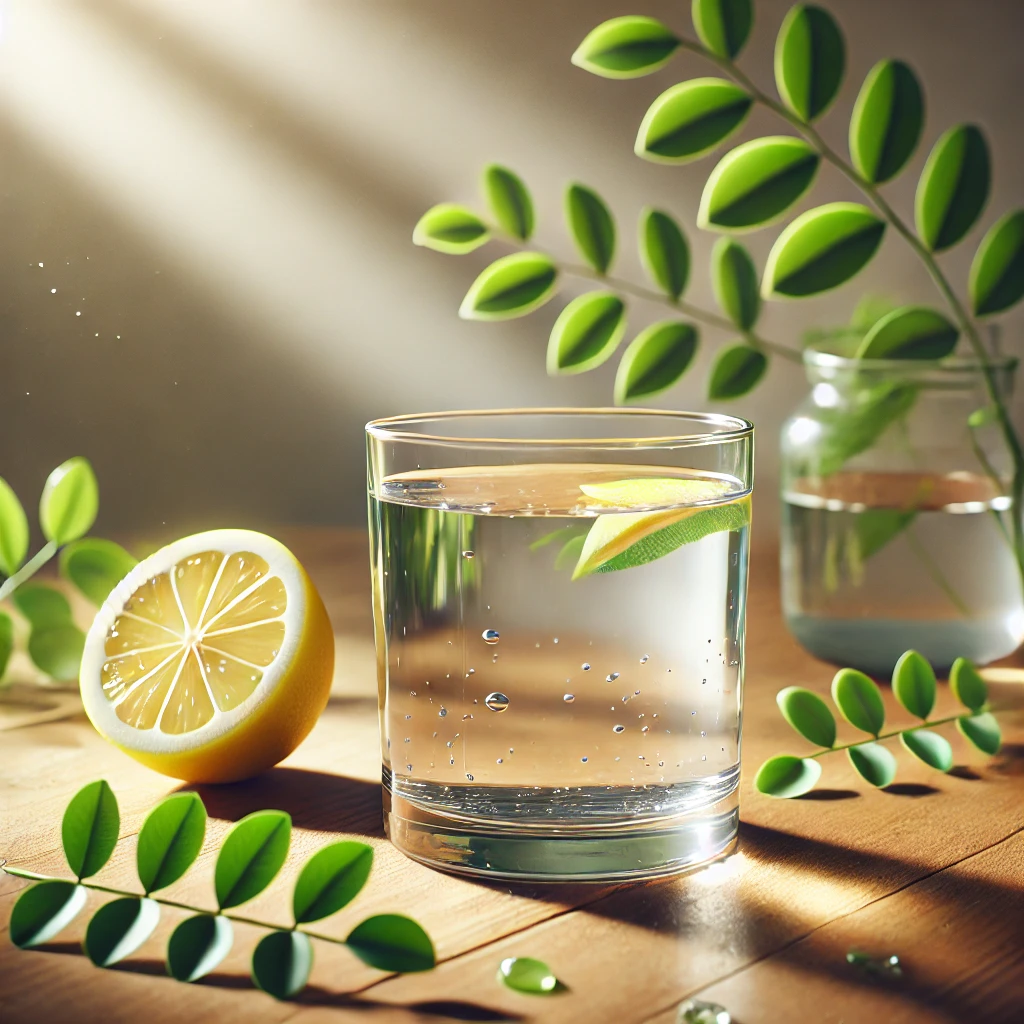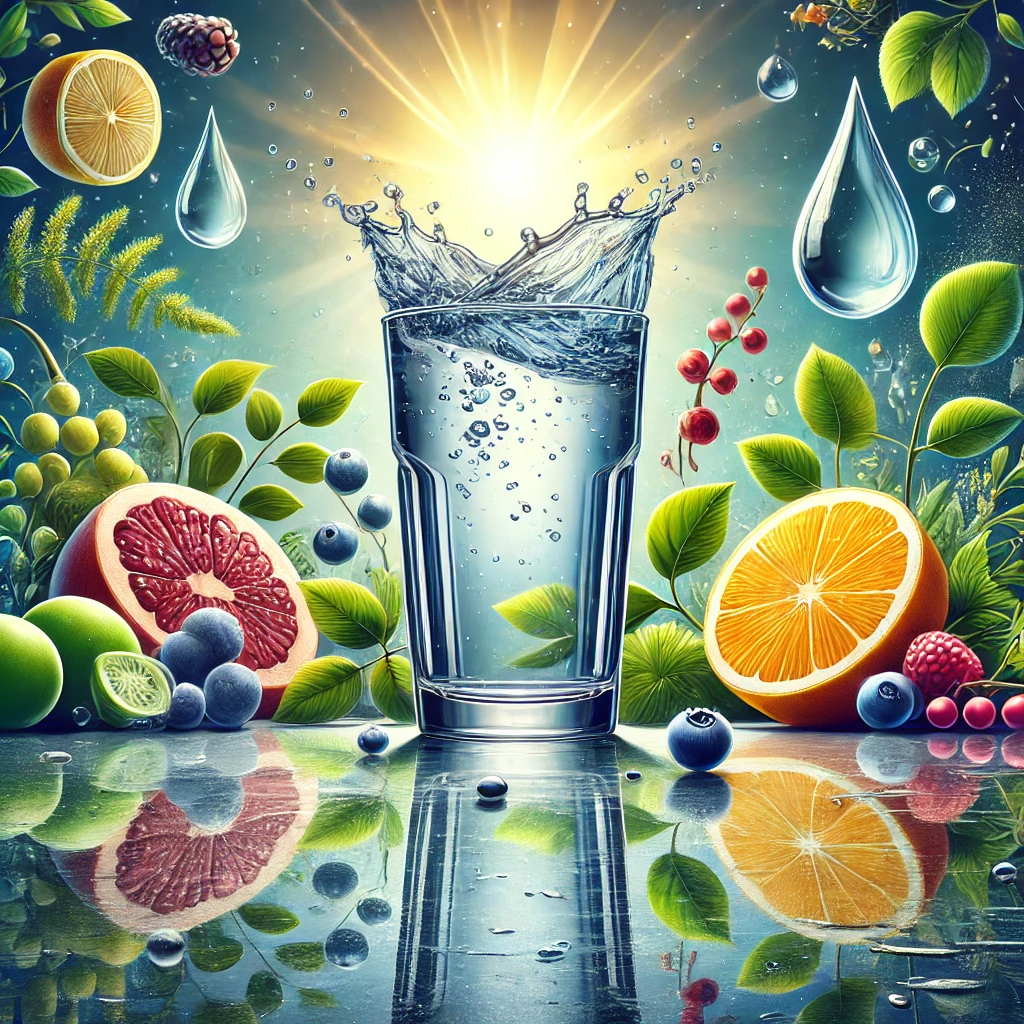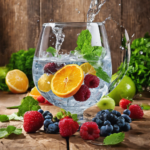Importance of Hydration: Ways to Maintain Hydration During the Day.
Discover the importance of hydration and effective ways to maintain it for optimal health throughout your day. Water makes up about 60% of your body. This makes staying hydrated vital for survival and good health. People who understand importance of hydration can better maintain their physical and mental well-being each day. Your body’s cells, tissues, and organ systems need water that affects how healthy you are and how well you perform.
Good hydration brings many health benefits. It keeps your body temperature stable and helps your organs work properly. This piece shows you how to spot dehydration signs and gives you practical ways to stay hydrated. You’ll find great tips to keep your fluid intake up during summer. The text also explains how good nutrition and hydration work together to keep you healthy.
Understanding the Importance of Hydration
The human body needs water to survive and can only last about a week without it. Your body loses fluids through many natural processes each day. You need to drink 2-3 quarts of water daily to replace these lost fluids and stay properly hydrated.
Definition of hydration
The human body needs water replenishment through hydration when it loses fluids. Your body continuously releases water as you breathe, sweat, and eliminate waste. These losses add up to eight to twelve cups each day. A man’s body needs at least 12 cups of fluid daily to function well, while a woman’s body requires nine cups at minimum.
Role of water in bodily functions
Water is the lifeblood of our body’s vital functions. These functions keep us healthy and alive:
* Supplies oxygen and nourishment to every cell in the body.
* Converts food into energy
* Regulates body temperature through sweating
* Protects and cushions vital organs
* Moistens oxygen for breathing
* Maintains proper sensory function
* Aids waste elimination
Consequences of dehydration
When you lose more fluids than you consume, your body finds it difficult to operate regularly. Dehydration does more than just make you uncomfortable – it affects how well you think and feel. People who don’t drink enough water often find it hard to concentrate and work effectively.
Physical Impact: Dehydration creates serious health problems like urinary tract infections, kidney stones, and possible kidney failure. The body’s electrical signals stop working properly in severe cases. This leads to muscles contracting on their own and people passing out.
Long-term Effects: Regular bouts of dehydration take a heavy toll on your health. Oxygen levels and blood pressure can fall to hazardous levels. The most severe cases bring seizures, brain swelling, and life-threatening complications.

Signs and Symptoms of Dehydration
You can protect your health and prevent serious complications only when you are willing to spot signs of dehydration. Studies indicate that people often become dehydrated before they feel thirsty, which makes thirst an unreliable indicator.
Physical indicators
The body shows clear warning signs of fluid deficiency. A person loses about 1.5% of their normal water volume during mild dehydration. This condition demonstrates several physical symptoms:
* Dark-colored urine
* Decreased urination frequency
* Dry or sticky mouth
* Muscle cramps
* Headache
* Cool, blotchy hands and feet
Cognitive and mood changes
Research shows strong links between how much water we drink and how our brain works. Your mental performance and mood can take a hit even if you’re just slightly dehydrated. A University of Connecticut study revealed women got more headaches, felt tired, and had trouble focusing compared to men when they didn’t drink enough water.
Mental performance drops as your brain’s watchfulness and working memory decrease. People who drink less than two glasses of water daily have a much higher chance of depression than those who drink five or more glasses.
Long-term health risks
Serious health complications can emerge from prolonged or severe dehydration. Medical intervention becomes necessary as dehydration progresses and causes multiple issues.
Neurological Issues: Electrolyte imbalances from severe dehydration trigger seizures by disrupting cellular electrical signals. Recent studies demonstrate that older adults with dehydration show declining cognitive abilities and higher death rates.
Organ Damage: Dehydration over extended periods causes kidney stones, kidney failure and heat-related illnesses. Blood pressure and oxygen levels drop dangerously low in extreme cases, leading to hypovolemic shock.
Research shows women react differently to dehydration compared to men.Their physical complaints and mental swings are more severe.

Practical Tips for Staying Hydrated
Proper hydration depends on good habits and a systematic plan. The National Academy of Medicine’s guidelines specify that men should consume about 3.7 liters (15 cups) while women need 2.7 liters (11 cups) of total fluids daily.
Setting daily water intake goals
The quickest way to calculate your personal water needs is to take your body weight and divide it by two – that gives you the daily ounces you need. If you have to get the best results, set SMART (Specific, Measurable, Attainable, Realistic, Time-bound) hydration goals. A reusable water bottle makes tracking easier, and many people achieve great results when they finish a 32-ounce bottle twice a day.
Creating a hydration schedule
A consistent drinking pattern throughout the day boosts your hydration success. Scientific research recommends this schedule:
* Consume two glasses right after waking up
* Drink one glass before and after each meal
* Have one glass every hour during work
The American College of Sports Medicine suggests athletes and active individuals should drink 16-20 ounces of fluid 1-2 hours before outdoor activities and take 6-12 ounces every 10-15 minutes while exercising.
Choosing hydrating beverages and foods
Water is the main source of hydration, and about 20% of your daily fluid intake comes from food. You can stay hydrated with these beverages:
* Plain or sparkling water
* Electrolyte-enhanced water
* Fat-free or skim milk
* Coconut water
* Herbal tea
Foods with high water content help you meet your daily hydration needs. Watermelon, celery (95% water), zucchini (95% water), and lettuce (96% water) pack substantial amounts of water. Sports drinks with 200 milligrams of salt per 16-ounce serving can help you maintain electrolyte balance if you are an athlete or exercise regularly.

Overcoming Common Hydration Challenges
People deal with different challenges when it comes to proper hydration, ranging from taste priorities to environmental factors. Understanding these obstacles and finding ways to overcome them is significant to develop strategies that work.
Making water taste better
Local mineral content and treatment processes make water taste vary a lot from place to place. People who don’t enjoy their tap water’s taste can try these options to make their daily water intake more appealing:
* Add fresh fruit slices (lemon, lime, berries)
* Include herbs like mint or basil
* Use natural flavor boosters
* Try cucumber and ginger combinations
* Think about room temperature versus cold water
Managing hydration during exercise
Athletes and active people need special ways to stay hydrated. Studies show you should drink 6-12 ounces of fluid every 20 minutes while doing sports. Sports drinks with 200 milligrams of salt per 16-ounce serving work best when you exercise longer than 45 minutes.
Pre-workout hydration calls for 24 ounces of sports drink or electrolyte-infused water two hours before you start. People who sweat heavily during intense workouts might need extra sodium because sweat rates differ a lot from person to person.
Staying hydrated in different environments
Environmental conditions affect how much water your body needs. Cold weather makes people feel less thirsty, but dehydration is still a risk. Your body loses more fluids through the skin when indoor heating is on, which makes winter hydration extra important.
Your body needs more fluids in summer to make up for all the sweating. Workers in hot environments should drink one cup of water every 15-20 minutes, but no more than 48 ounces per hour. Environmental considerations include:
Temperature plays a big role in how much water you need. High temperatures make microorganisms grow faster and this can lead to problems with taste, odor, and corrosion. Employers must make sure cool water (temperature less than 60°F) is available and provide rest areas away from heat sources.
The best way to stay hydrated in different environments is to check your urine’s color instead of waiting until you feel thirsty. Your body often feels thirsty only after it’s already dehydrated. Drinking fluids regularly throughout the day, whatever the environment, helps keep your body properly hydrated and healthy.
Conclusion
Proper hydration is the life-blood of human health that affects everything from cellular function to cognitive performance. Research shows adequate fluid levels support vital bodily processes and prevent serious health complications. Good hydration boosts mental clarity. The benefits reach far beyond physical wellness and directly affect mood, concentration, and overall quality of life.
Your success with optimal hydration needs an individual-specific approach. You must think about your body weight, activity level, and environmental conditions. Physical indicators help track hydration status. A combination of scheduled water intake and proper beverage choices ensures adequate fluid levels throughout the day. These evidence-based practices become part of daily routines and create lasting habits that support long-term health and well-being.
FAQs
Why is staying hydrated throughout the day crucial?
Staying hydrated is essential because it supports numerous bodily functions such as delivering nutrients to cells, eliminating waste, safeguarding joints and organs, and regulating body temperature. In general, the greatest option for staying hydrated is water.
What strategies can help maintain hydration all day?
To ensure you remain hydrated, drink water consistently over the course of the day and increase your fluid intake in hot weather or when engaging in physical activity. Carrying a reusable water bottle and using a phone timer as a drinking reminder can also be effective.
What are the key reasons to keep the body adequately hydrated?
Adequate hydration is vital for transporting glucose, oxygen, and nutrients to cells via the bloodstream, aiding the kidneys in waste removal, lubricating joints and eyes, supporting digestive health, and maintaining healthy skin.
What are the top four advantages of staying well-hydrated during physical activities?
Proper hydration during physical activities is crucial as it helps maintain focus and performance, boosts endurance, and prevents excessive increases in heart rate and body temperature. Ensuring you drink enough fluids is key to these benefits.





